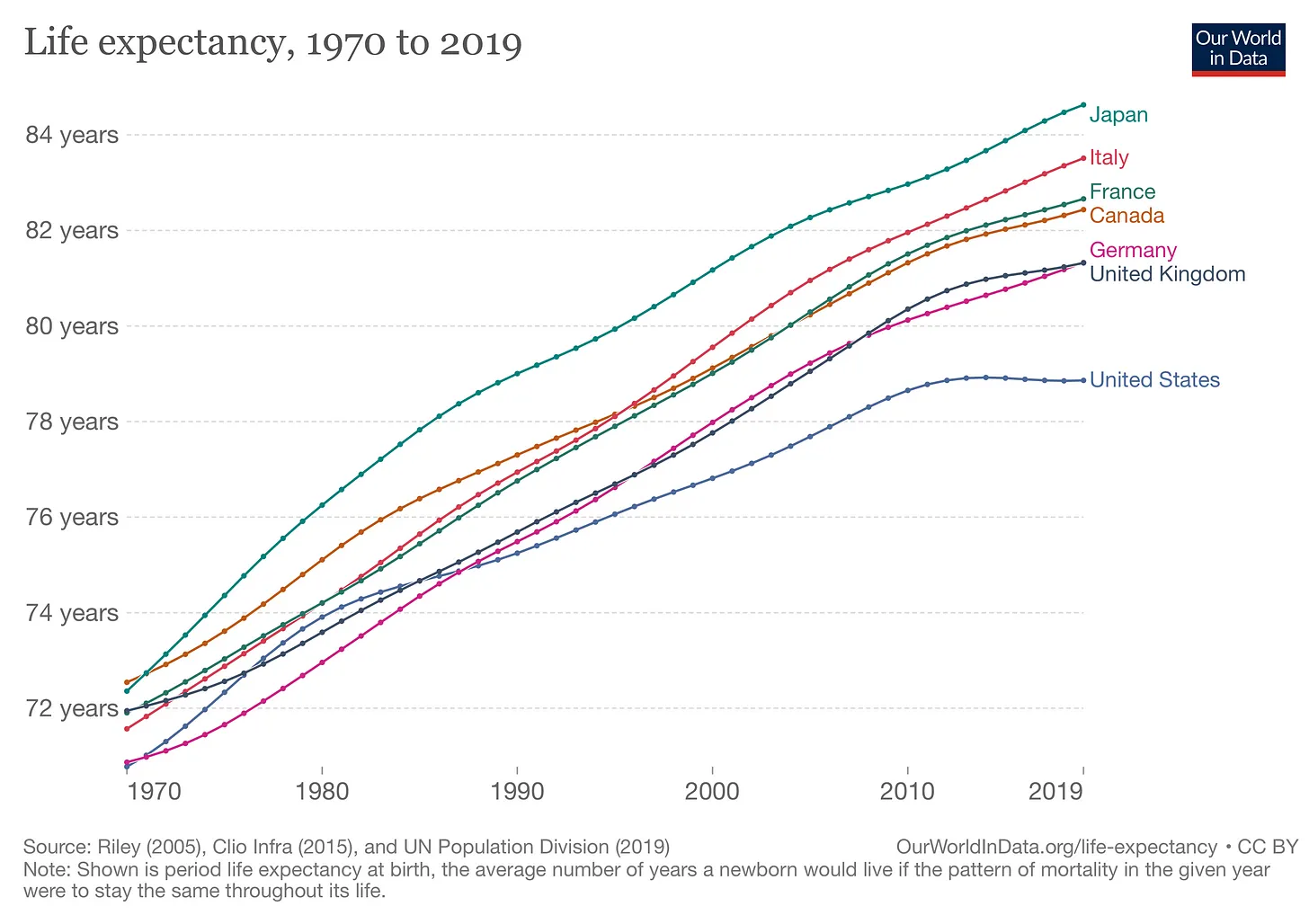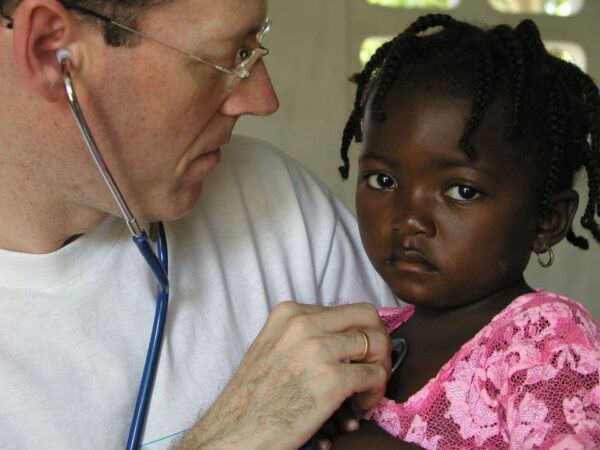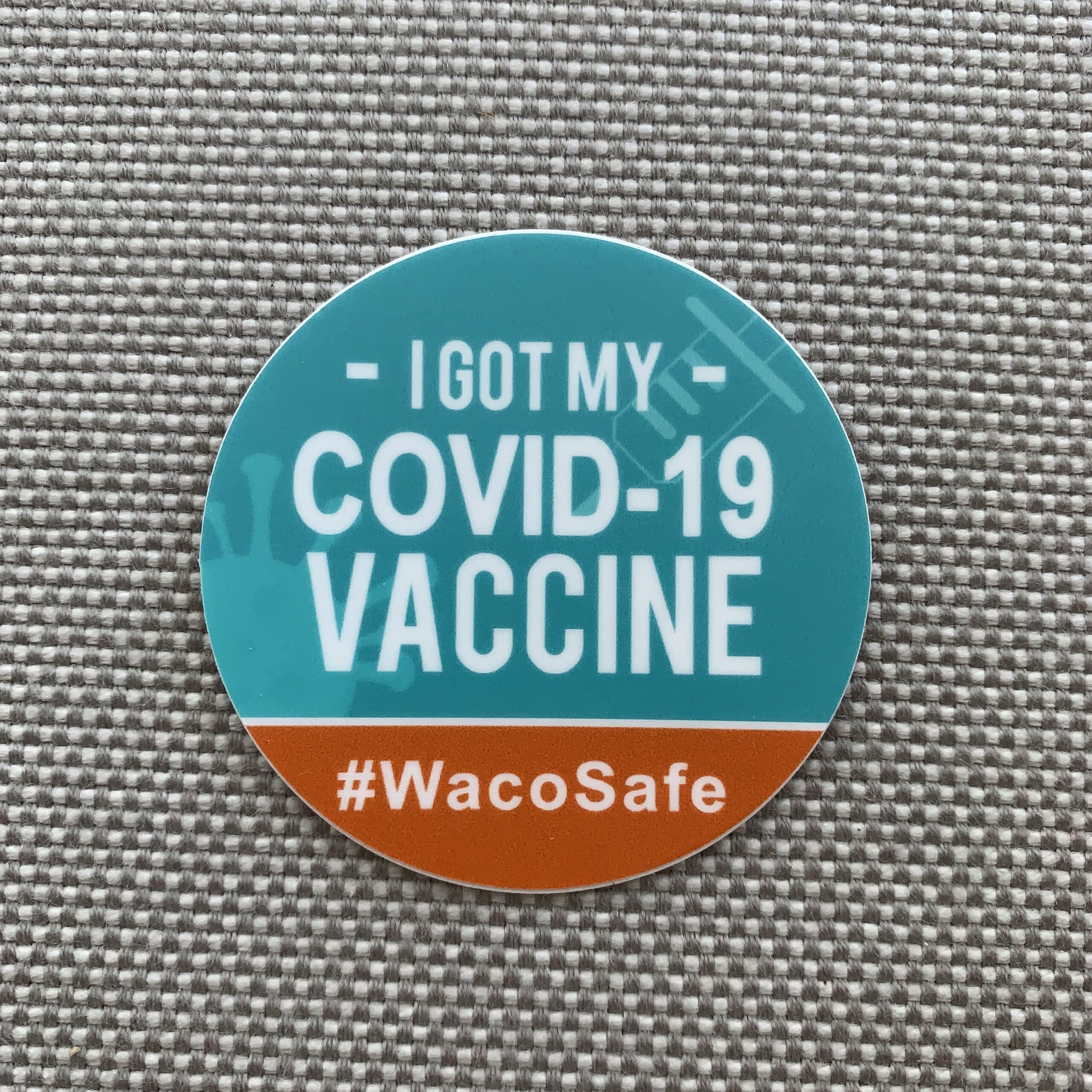Re: my earlier post on an Ezra Klein column, I want to add that the universality of Christianity takes a very peculiar form, because it is a universality that also emphasizes neighborliness, a particular care for those who are nearby. Thus Matthew Loftus:
We cannot love “the whole world” except in abstraction, nor work for the mutual benefit of everyone in the same way that we can take care of our children or our sick neighbor. We must not fail in our duties to those close to us, even if our love ultimately does not stop there. Only by honoring the relationships that we have with others based on our common humanity and our common interchanges of trade and culture can we honor the God who created those people and places. Our local affections will have universal implications for how we use technology, farm the land, and execute trade. And in the global realm as well as the communal, love and sanity require limits.
I have forbidden the use of the EMR [Electronic Medical Records] in my mental health clinic at the hospital, at least for now. As I scribble my notes on paper, I look to the parent, sibling, child, or friend who has accompanied the patient to the clinic. When I ask how well the medications are working, sometimes the patient will say they are fine while their companion smiles and tells me the truth. Rarely do patients come alone; some friends or family members pay a day’s wages for an hour-long bus ride to the hospital to accompany their suffering loved one. I like to think that no one in our hospital suffers alone because the cultural ethos here forbids it.
Please do read the whole thing. But this is key: “Our local affections will have universal implications.” And, conversely, our universal commitments will necessarily have local instantiations.
I think Charles Dickens understood this paradox very well, as we see in the greatest of his novels, Bleak House. There we note Mrs. Jellyby practicing her “telescopic philanthropy” — meditating always on the suffering of the people of Borrioboola-Gha while utterly neglecting her own children — and the “business-like and systematic” charity of Mrs. Pardiggle. As Esther Summerson says, “Ada and I … thought that Mrs. Pardiggle would have got on infinitely better if she had not had such a mechanical way of taking possession of people.” When pressed by Mrs. Pardiggle to join in her “rounds,” Esther has a profound response (even if Mrs. P can’t grasp the import of it):
At first I tried to excuse myself for the present on the general ground of having occupations to attend to which I must not neglect. But as this was an ineffectual protest, I then said, more particularly, that I was not sure of my qualifications. That I was inexperienced in the art of adapting my mind to minds very differently situated, and addressing them from suitable points of view. That I had not that delicate knowledge of the heart which must be essential to such a work. That I had much to learn, myself, before I could teach others, and that I could not confide in my good intentions alone. For these reasons I thought it best to be as useful as I could, and to render what kind services I could to those immediately about me, and to try to let that circle of duty gradually and naturally expand itself.
Words to live by, say I. And let me conclude with words still wiser, from Helmut Thielicke’s great sermon on the Parable of the Good Samaritan:
You will never learn who Jesus Christ is by reflecting upon whether there is such a thing as sonship or virgin birth or miracle. Who Jesus Christ is you learn from your imprisoned, hungry, distressed brothers. For it is in them that he meets us. He is always in the depths. And we shall draw near to these brethren only if we open our eyes to see the misery around us. And we can open our eyes only when we love. But we cannot go and do and love, if we stop and ask first, “Who is my neighbor?” The devil has been waiting for us to ask this question; and he will always whisper into our ears only the most convenient answers. We human beings always fall for the easiest answers. No, we can love only if we have the mind of Jesus and turn the lawyer’s question around. Then we shall ask not “Who is my neighbor?” but “To whom am I a neighbor? Who is laid at my door? Who is expecting help from me and who looks upon me as his neighbor?” This reversal of the question is precisely the point of the parable.
Anybody who loves must always be prepared to have his plans interrupted. We must be ready to be surprised by tasks which God sets for us today. God is always compelling us to improvise. For God’s tasks always have about them something surprising and unexpected, and this imprisoned, wounded, distressed brother, in whom the Saviour meets us, is always turning up on our path just at the time when we are about to do something else, just when we are occupied with altogether different duties. God is always a God of surprises, not only in the way in which he helps us — for God’s help too always comes from unexpected directions — but also in the manner in which he confronts me with tasks to perform and sends people across my path.
P.S. I meant to schedule this to post tomorrow – sorry for all the stuff in one day. If I don’t post anything for the next day or two, just read this post several times. It’ll do you good.



